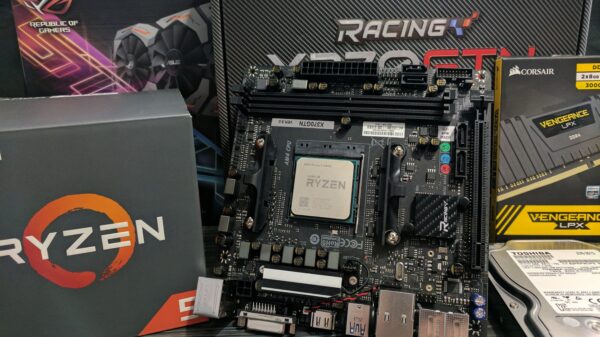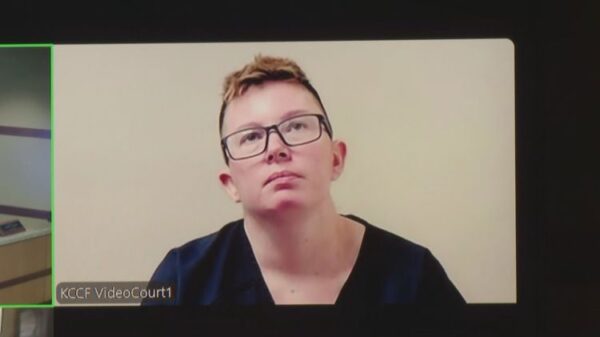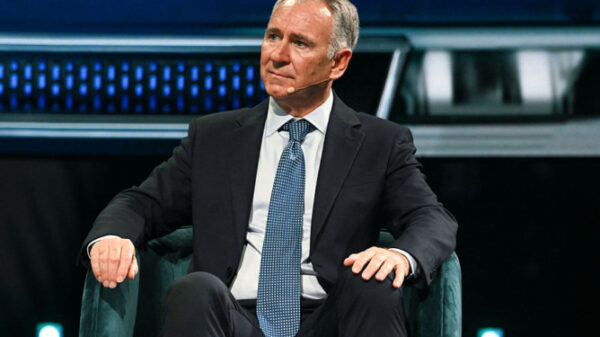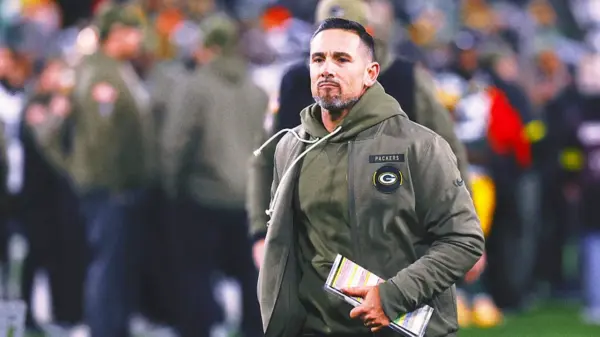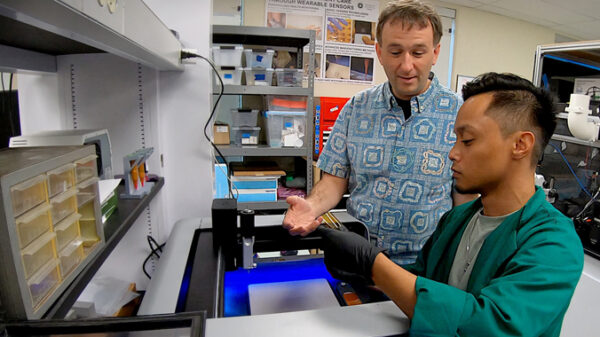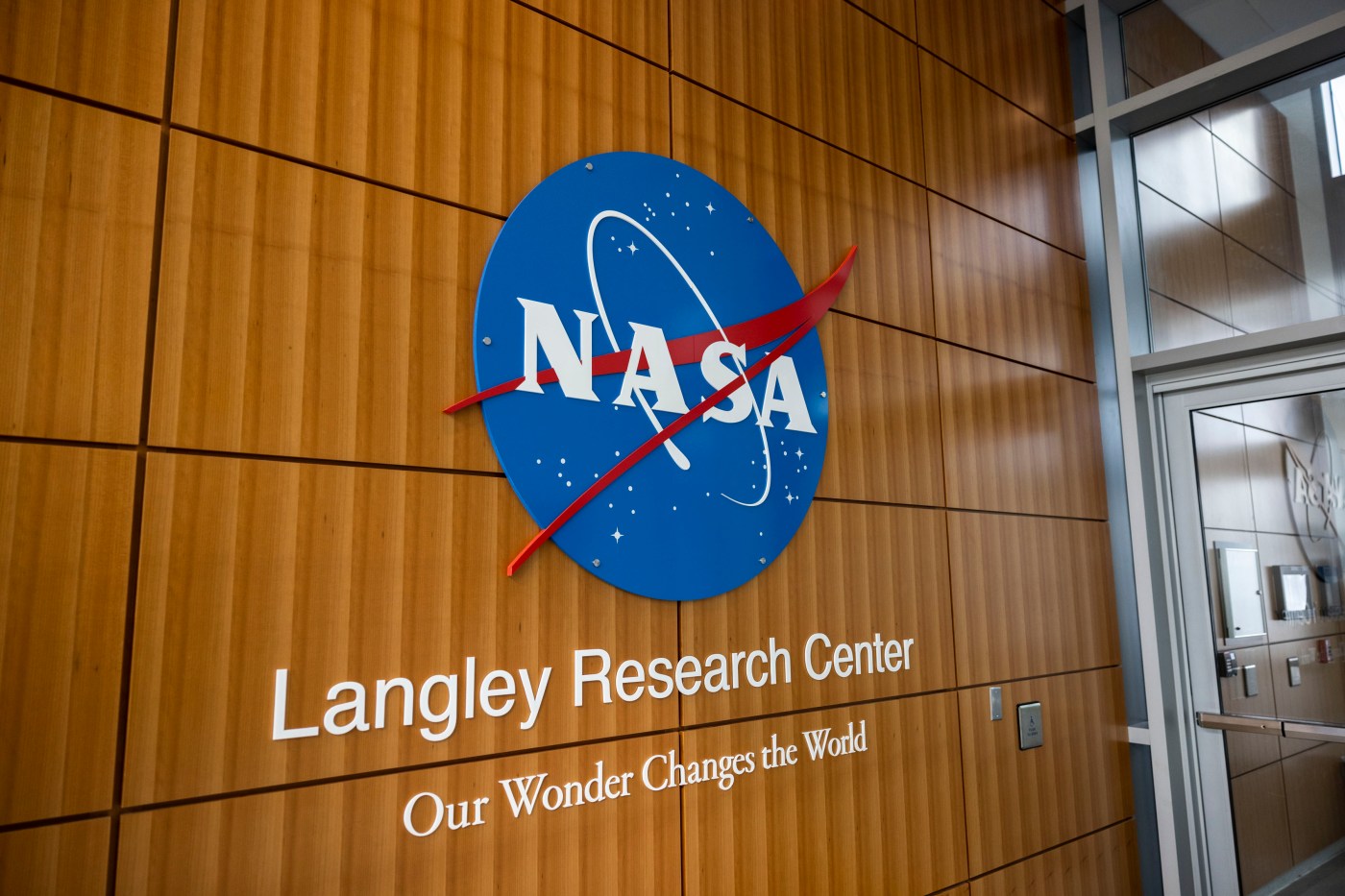Recent letters published on August 29 highlight critical concerns regarding the future of scientific research in the United States, particularly at NASA. A former chief technologist at NASA’s Langley Research Center, Dr. Joseph Heyman, expressed alarm over proposed cuts to research programs that could exceed 30% at some centers. Such reductions are not merely budgetary decisions; they threaten to dismantle the United States’ long-standing leadership in science and innovation.
Impact of NASA’s Research Cuts
During his nearly 40 years at NASA, Heyman witnessed firsthand how research advancements contributed to significant breakthroughs in various fields. He emphasized that one sensor initially designed to detect bubbles in helicopter engine lubricants now plays a pivotal role in protecting patients during heart-lung bypass surgeries. Similarly, a fiber optic line sensor created for spacecraft is now essential for monitoring pressure vessels.
These examples underscore a broader truth: scientific research is inherently unpredictable, often leading to unforeseen discoveries that enhance daily life. Heyman warns that cutting funding will not only affect NASA but will also have cascading effects across critical sectors including medicine, clean energy, and basic science.
As other nations ramp up their investments in research and development, the U.S. risks losing its competitive edge. This shift could lead to a brain drain, where top talent is attracted to countries that prioritize innovation. Heyman insists that this issue transcends political lines; it is fundamentally about the future of America and its role as a leader in science.
The Call to Action
Heyman urges citizens to advocate for increased science funding by contacting their representatives, inspiring young researchers, and participating actively in the electoral process. He emphasized that NASA represents not just a government agency but a symbol of what America can achieve through dedication to discovery.
In addition to concerns about NASA, letters from citizens in Virginia Beach raise questions about local governance and political accountability. One resident, James Luehman, criticized the “No” coalition opposing changes to the city council structure, questioning how voting rights are being restricted and which citywide projects have suffered under the current council.
Another resident, David Meyerholz, expressed concerns about the concentration of power under President Donald Trump. He remarked on the discrepancies between Trump’s claims of a popular mandate and the reality of electoral support, highlighting that he won only 49.9% of the popular vote. Meyerholz called for voters in Hampton Roads to consider their options in the upcoming congressional elections, emphasizing the importance of checks and balances in governance.
Lastly, issues of road safety were brought to attention by John Leavor, who noted a troubling trend of drivers neglecting basic safety measures, such as using turn signals. This observation reflects broader societal issues related to attentiveness and courtesy on the roads.
As discussions surrounding scientific funding, local governance, and civic responsibility continue, the collective voice of citizens will be crucial in shaping the future. Whether through advocating for NASA or engaging in local political matters, the actions taken today will have lasting implications for America’s position in the global landscape.




